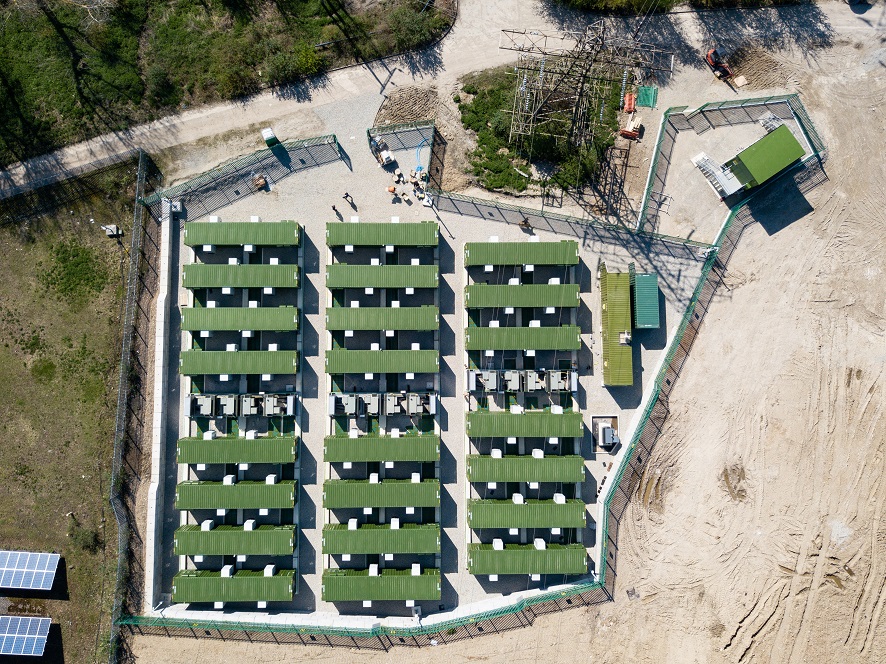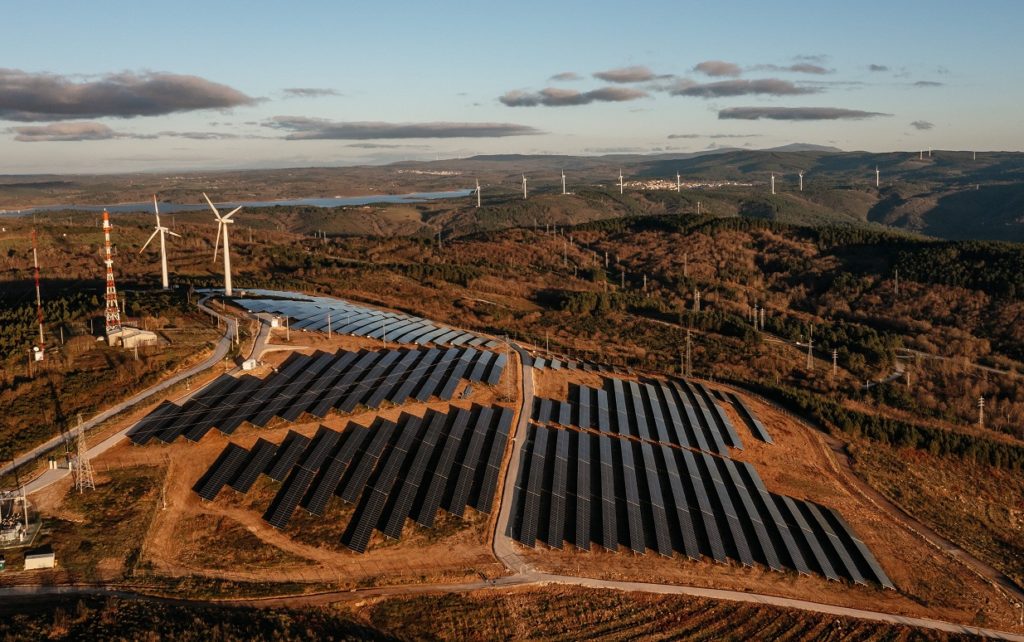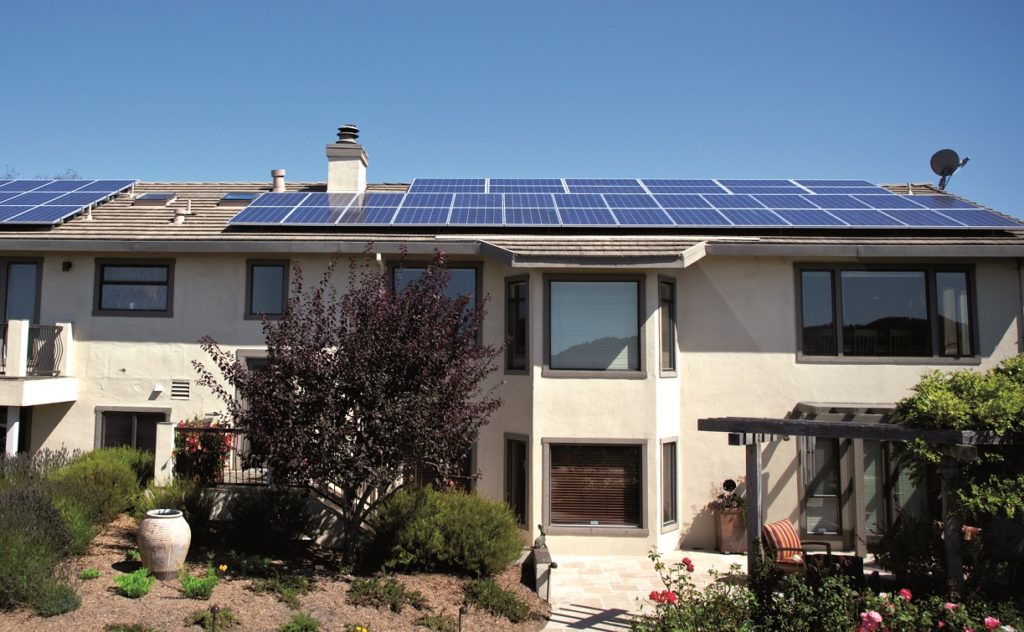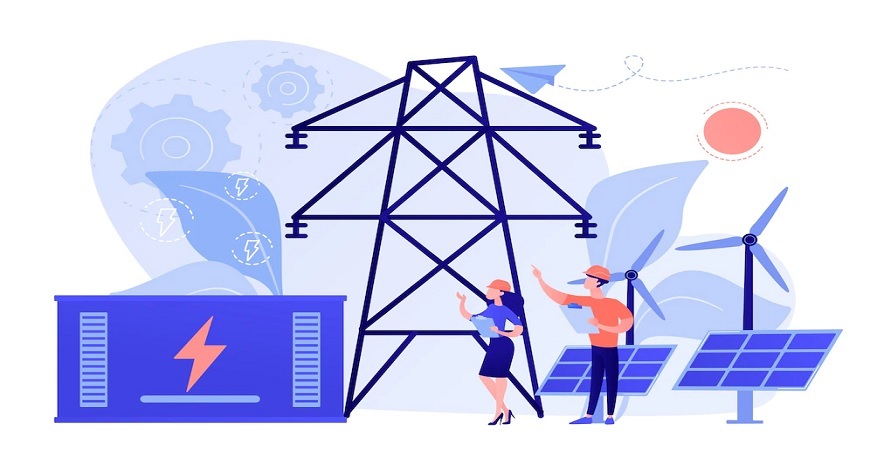Autosilicon Inc. takes a leap forward in battery technology with the release of its 24-channel Battery Diagnosis IC (BDIC) in January 2024. This innovative technology caters to high-capacity battery cells in Electric Vehicles (xEV) and Energy Storage Systems (ESS), expanding on the success of last year’s 14-channel BDIC.
Enhanced Performance and Efficiency
Autosilicon’s BDIC outshines Electro-Impedance Spectroscopy (EIS) equipment by improving operating current, measurement accuracy, and reducing volume. This single-chip solution streamlines the diagnosis process, allowing the measurement of AC impedance in up to 24 battery cells, with potential expansion to battery modules and packs.
Addressing Industry Challenges
In the xEV and ESS industry, the surge in claims due to battery defects has posed challenges in accurate analysis, primarily due to high costs and time-consuming disassembly of battery packs. Autosilicon’s BDIC integrates into the Battery Management System (BMS), enabling online monitoring of battery AC impedance information. This facilitates continuous tracking of battery cell status and online analysis of accumulated battery data, aiding in defect analysis.
Meeting Future Regulatory Standards
As the regulatory landscape evolves, Autosilicon anticipates upcoming regulations in the United States requiring electric vehicle manufacturers to monitor and ensure the State of Health (SoH) of their batteries from 2026. The European Union plans to introduce a battery passport system in 2027 for comprehensive battery information management.
Future-Ready Technology and Mass Production
Autosilicon is proactively adopting EIS technology to gather internal state data from battery cells, setting new standards for accurate battery defect detection. The 24-channel BDIC integrates with a Cloud BMS system, facilitating efficient battery management throughout the entire lifecycle. Targeted at both domestic and international xEV/ESS customers and battery cell manufacturers, mass production of the 24-channel BDIC is slated to commence in June 2024.
Source:businesswire.com





